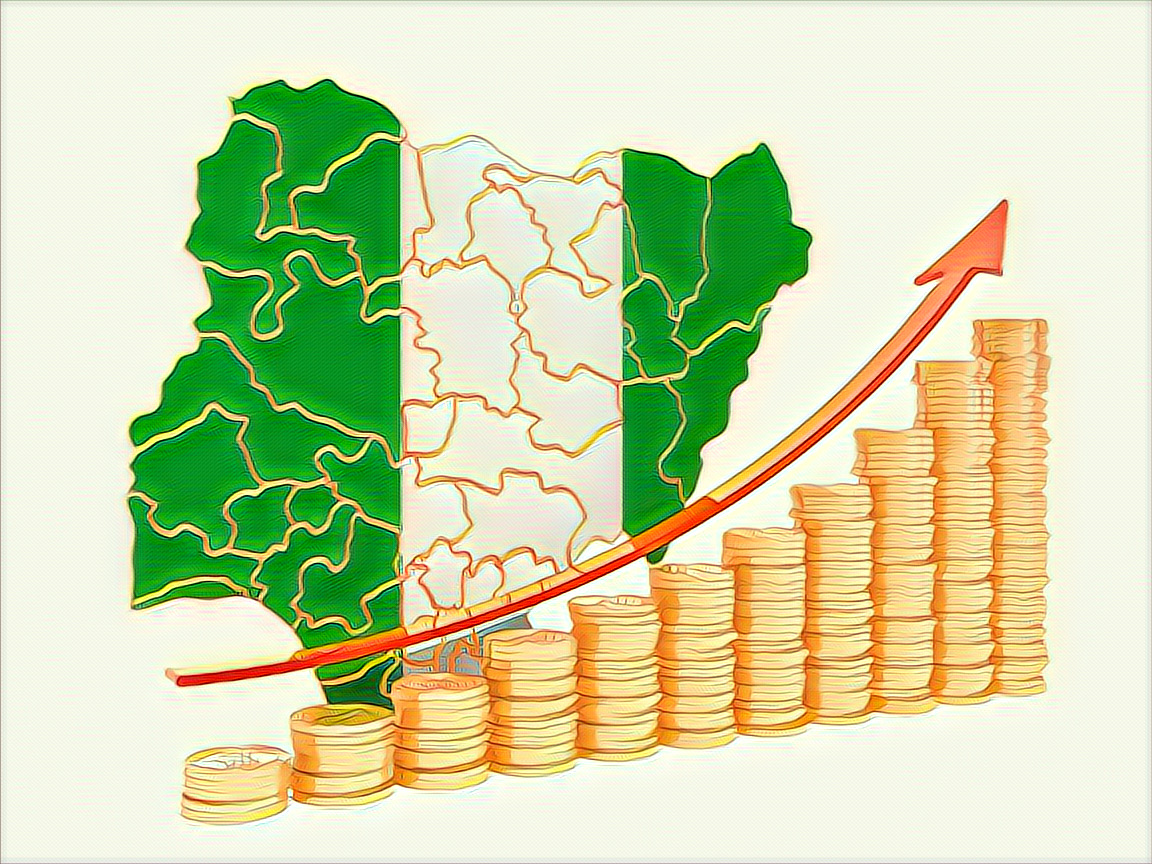Nigeria spent more than it earned in 2022, using 106% of its total revenue to service its debt, according to a report by the Budget Implementation Committee. The report showed that the country generated N5.32 trillion in revenue while it paid N5.65 trillion in debt service.
The report also revealed that the country’s expenditure was N14.63 trillion, resulting in a deficit of N9.30 trillion, which was financed by borrowing. The country’s public debt rose to $103.1 billion (about 22% of GDP) by the end of 2022 from $92.6 billion in 2021.
The report attributed the low revenue performance to the impact of the COVID-19 pandemic, which affected oil and non-oil sectors. The country’s oil revenue was N604.1 billion, while its non-oil revenue was N1.14 trillion. The report also noted that the country’s tax-to-GDP ratio was 5.5%, lower than the average of 16% for African countries.
The report’s findings are consistent with the World Bank’s assessment of Nigeria’s fiscal situation, which stated that the country spent 96.3% of its 2022 revenue on debt servicing. The World Bank also projected that the country’s economic growth would slow to an average of 2.9% annually between 2023 and 2025.
The high debt service burden has raised concerns about the sustainability and transparency of Nigeria’s debt management strategy. Some analysts have called for more fiscal discipline and prudence, as well as increased domestic revenue mobilization and diversification. Others have urged the government to seek debt relief and restructuring from its creditors, especially China.
The government has defended its borrowing policy, saying it is necessary to finance critical infrastructure and social projects to stimulate economic recovery and growth. The government has also said it is committed to implementing fiscal reforms, such as removing fuel subsidies, increasing value-added tax, and enhancing tax administration.
The government has also expressed optimism that implementing the Economic Recovery and Growth Plan (ERGP) and the African Continental Free Trade Area (AfCFTA) would boost the country’s productive capacity and competitiveness in the medium to long term.
Source: Business Day


